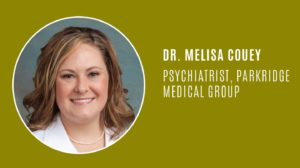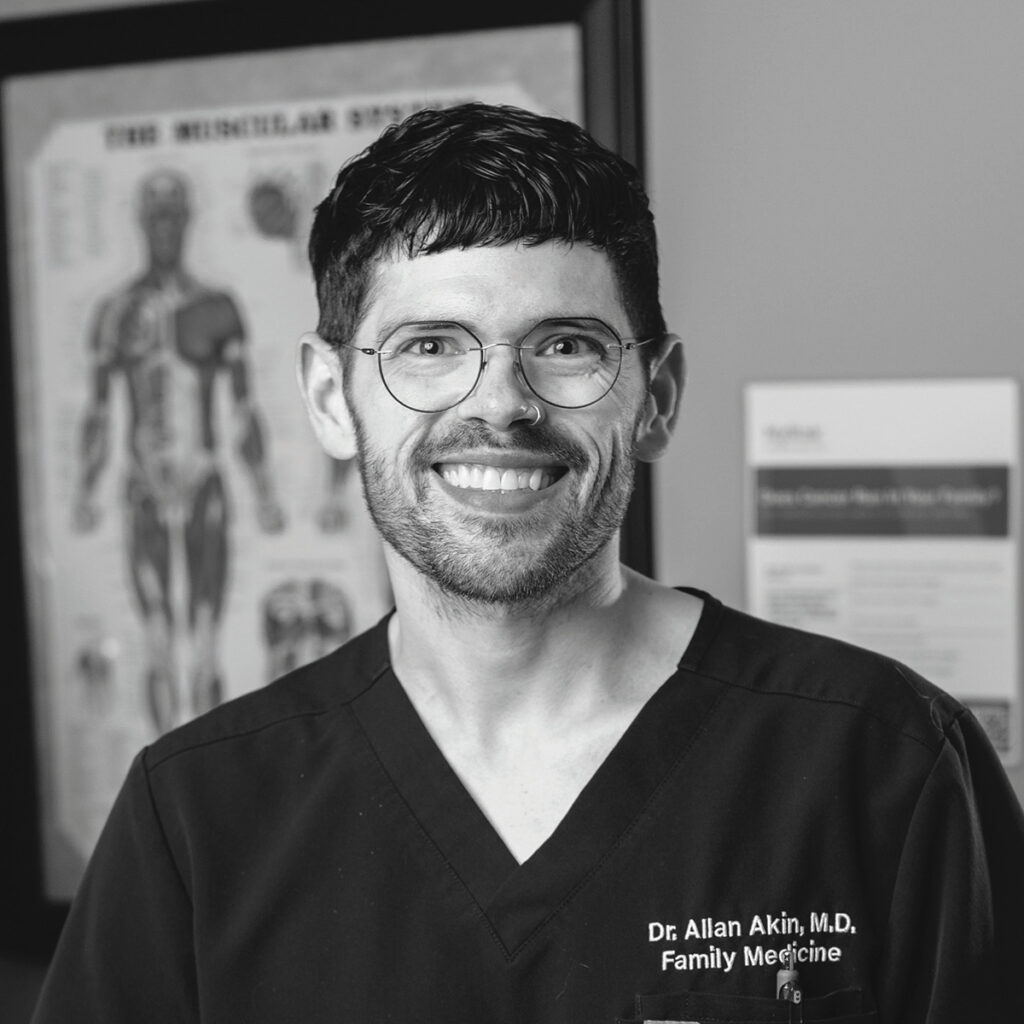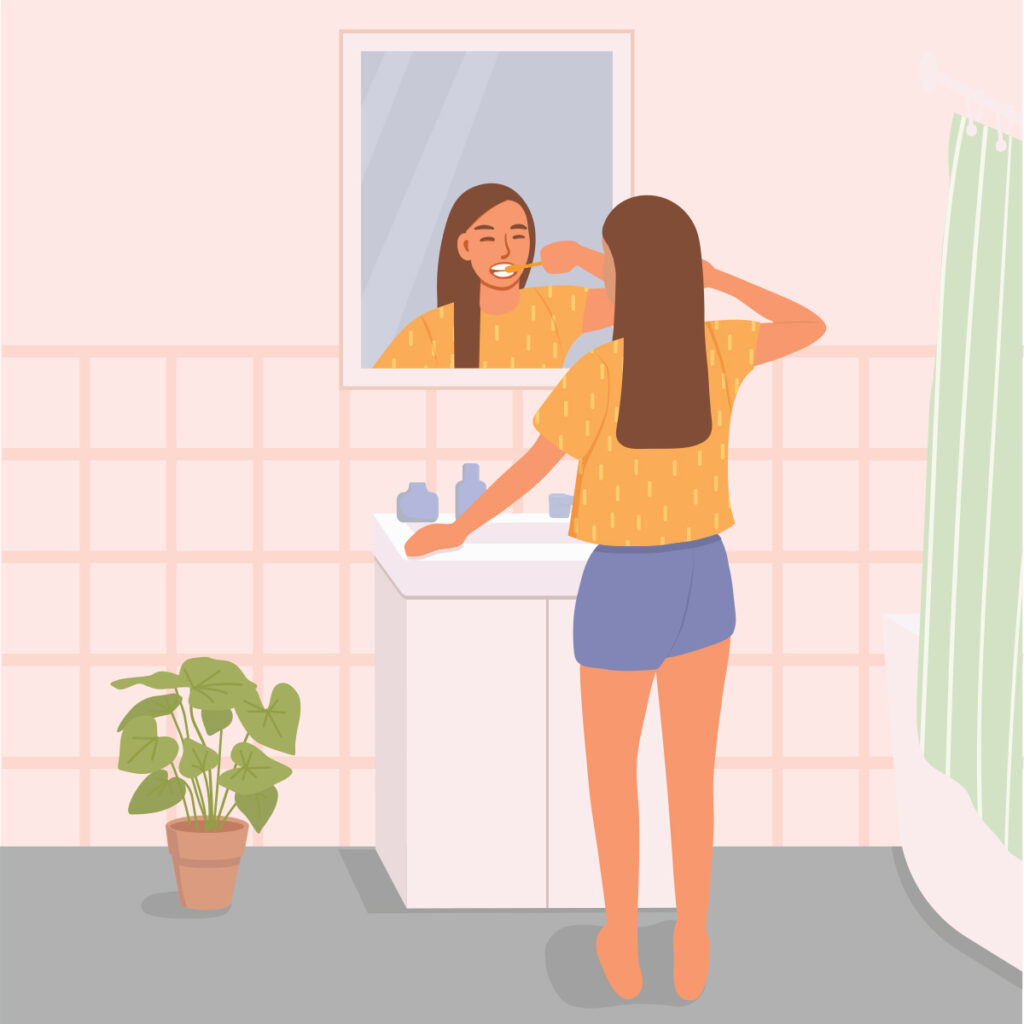By Katie Faulkner
Nearly everyone experiences anxiety in some form or another. But at what point do you need to be concerned about these feelings? Women are more at risk for developing an anxiety disorder, so it’s important to know when your stress is too severe. Here, psychiatrist Dr. Melisa Couey of Parkridge Medical Group outlines the signs and treatment options of anxiety disorders.

Clear-Cut Indicators
Beyond the normal reactions to everyday stressors, there are subtle but affirmative signs that your worry levels need attention. “If you’re not sleeping well, have muscle fatigue and tension that won’t go away, or experience anxiety to the point where you feel panic or have trouble breathing, it’s time to seek help,” Dr. Couey explains. If any of these symptoms interfere with your daily life or overwhelm you to the point that it’s hard to function, you could have an anxiety disorder.
Causes
“Some people are just biologically predisposed, so there can be a genetic component,” Dr. Couey informs. “However, the other part is your environment.” While causes can vary greatly, The Mayo Clinic also lists health conditions and exposure to traumatic events as two other possible causes of anxiety disorders.
Physical Effects
When your mind is under an excess of stress, your body is likely to suffer as well. Dr. Couey outlines a few physical ramifications of anxiety: “You may feel like your heart’s racing. You feel a lot of fatigue, you’re always tired, muscle tension, weight loss because you’re not eating as well, or the opposite – weight gain because you’re not making healthy choices.” Digestive issues and sleep disruptions are common. Other physical symptoms include sweating, trembling, nausea, irritability, jumpiness, and headaches.
Common Misconceptions
Often, the symptoms of anxiety disorders can be confused for other medical conditions and even delay proper diagnosis. Sometimes, they are even confused for heart problems.“Sometimes, people who experience chest pain as part of their anxiety think they’re having a heart attack,” says Dr. Couey. “Anxiety can also cause stomach problem such as diarrhea and constipation, and that can be confused with other underlying GI issues.”
Hope for Healing
Catching and addressing an anxiety disorder early-on produces the best results. So take action if it’s interfering with your everyday life. Most importantly, Dr. Couey wants anyone who may be struggling with these overwhelming feelings of stress to know there is hope. “There are lots of treatment options and people respond very well. If you feel like it’s more than just everyday stress, you should know help is available.”
Treatment
There are numerous types of anxiety disorders, and they range from very specific to more generalized as well as from severe to mild. Diagnosis by a medical professional can help you find the right path to pursue for help.
Dr. Couey says the first step she usually recommends is good self-care: get plenty of rest, eat well, and get some form of exercise every day. “That’s the single best thing you can do for yourself,” she says.
After that, she may have her patients attend therapy. Whether its attending one-on-one talk therapy sessions or performing relaxation exercises – getting a massage, meditating – the important thing is that you find opportunities to decompress. If the anxiety persists, Dr. Couey recommends exploring medication options, or some combination of the three options.




